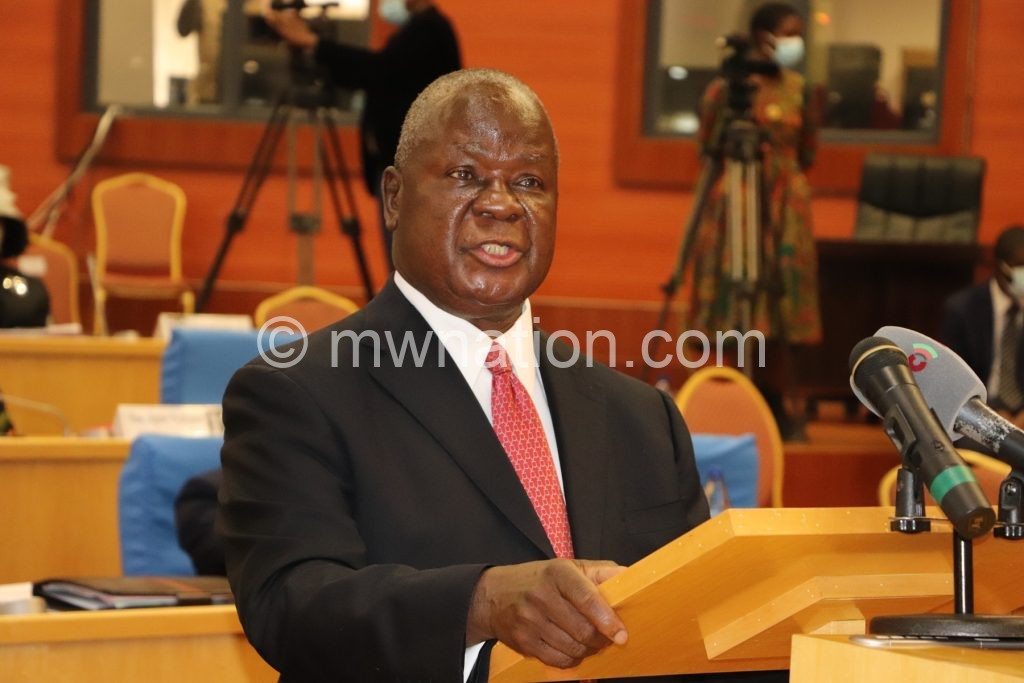Employers cautious On proposed budget
Employers Consultative Association of Malawi (Ecam) has described the proposed 2021/22 fiscal plan as over-ambitious as the economy is still vulnerable to the negative impacts of the Covid-19 pandemic.
In its reaction to the proposed 2021/22 National Budget, the employers’ body argued that the K1.99 trillion fiscal plan could be difficult to implement considering the continued economic challenges the country is facing.
Reads the statement in part: “Reduced economic activities have contracted revenue generation for the country and, therefore, the expected domestic revenues may not be attained.

“In addition, micro-economic indicators which fuel good economic outcomes have been underestimated considering the current trends in their performance particularly inflation and exchange rate.”
In the 2021/22 National Budget, Treasury has expressed optimism on the performance of key macro-economic indicators which include inflation rate, exchange rate and the policy rate.
Treasury projects inflation rate to average 7.4 percent, the exchange rate to be maintained at K780 against the dollar, and the policy rate to be maintained at 12 percent on average in the fiscal year.
But Ecam argues that he Covid-19 pandemic will make stability in the macroeconomic indicators difficult to attained.
However, Ecam has commended Treasury for revising the pay as you earn (Paye) tax brackets from 30 percent to 25 percent for incomes between K100 000 to K1 million per month and from 35 percent to 40 percent for incomes of more than K6 million per month.
Speaking when he presented the proposed 2021/22 National Budget in Parliament two weeks ago, Finance Minister Felix Mlusu said the budget sets the pace in implementing economic policies and programmes that will put this country on track to reach the nation’s desired destiny.
He said: “In many ways, therefore, sectoral allocations in this budget are in line with the long-term aspirations of our nation as enunciated in the Malawi 2063.”
On the economic front, Mlusu said government will continue with its drive to entrench macroeconomic stability characterised by low and stable inflation rate and economic growth that will ensure the country’s resilience to, and recovery from the devastating impact of the Covid-19 pandemic.
He said: “Government is determined to achieve this through the attainment of a robust, inclusive and resilient economic growth, economic empowerment, and infrastructure development.”





